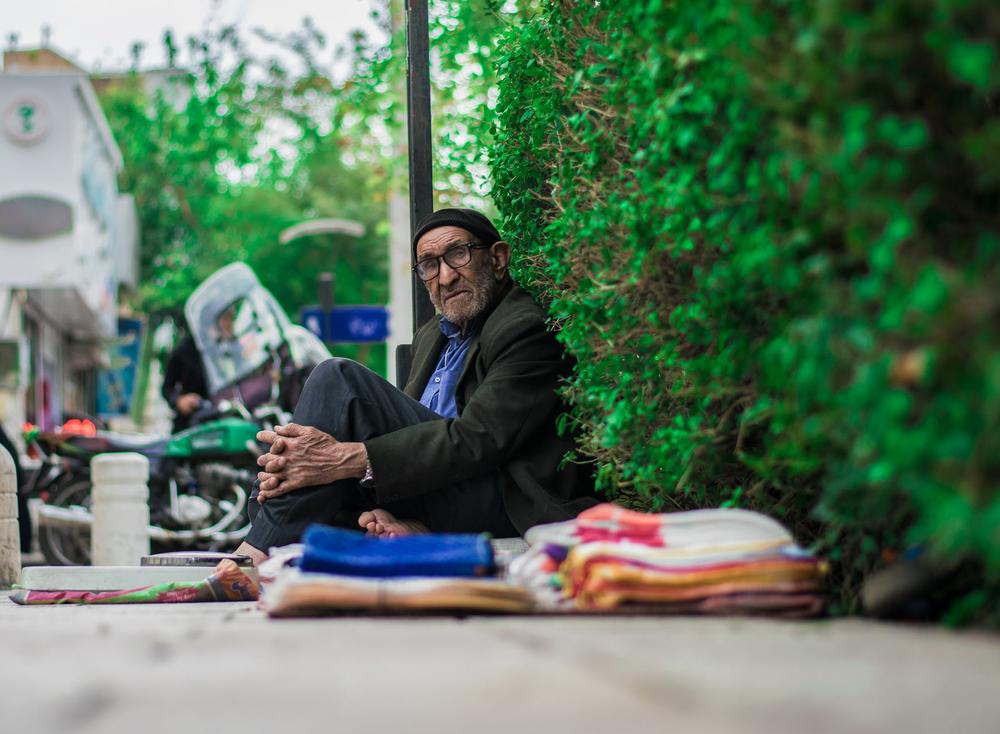
Caption
A plan to create legal homeless camps on public and private properties in Georgia was sponsored by Georgia Rep. Katie Dempsey. The camps would have to provide water, electrical outlets and bathrooms and could only be used for up to six months by a homeless person.
Credit: Pexels/Stock photo

